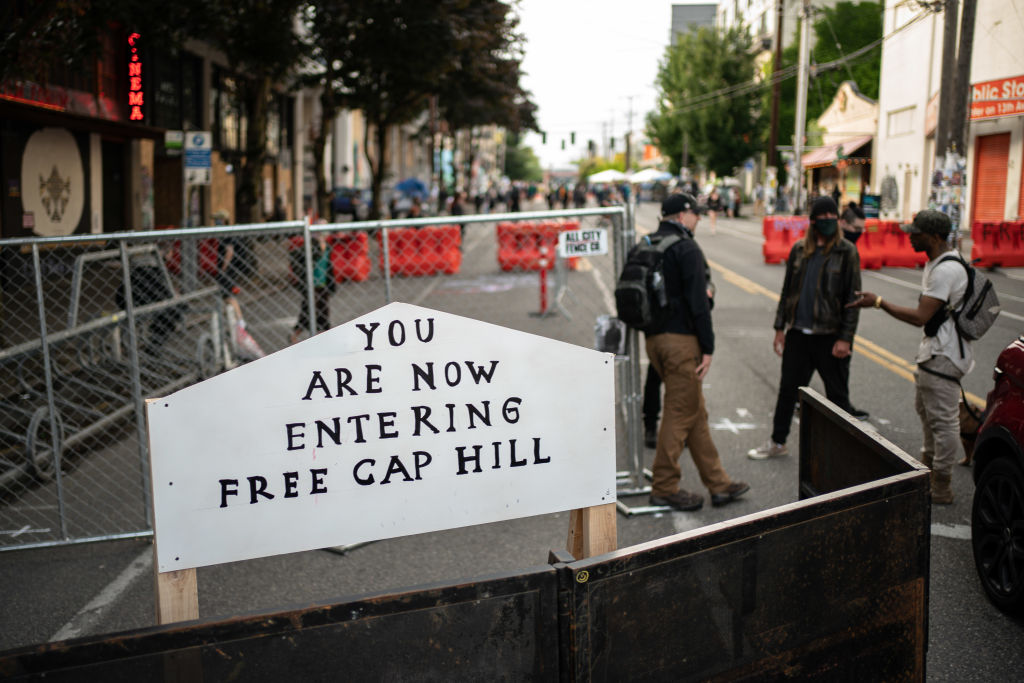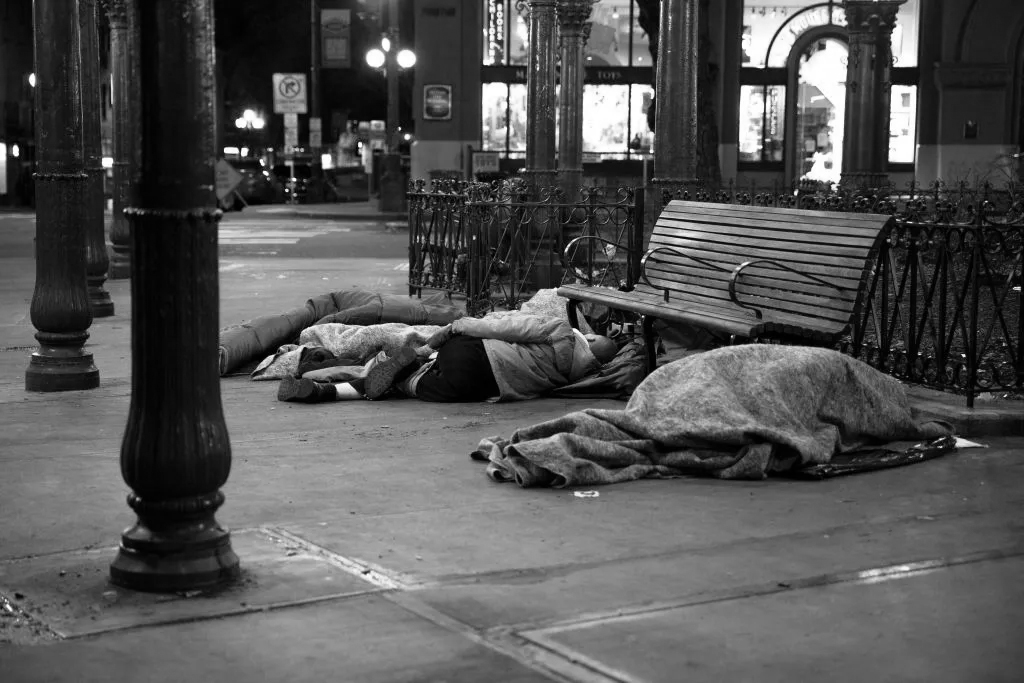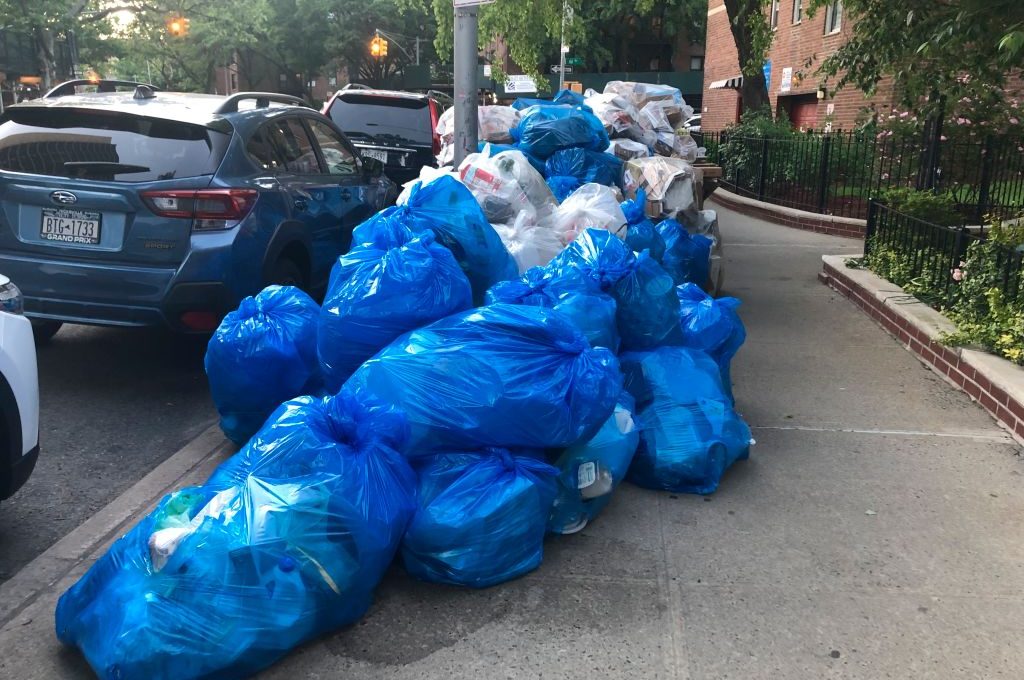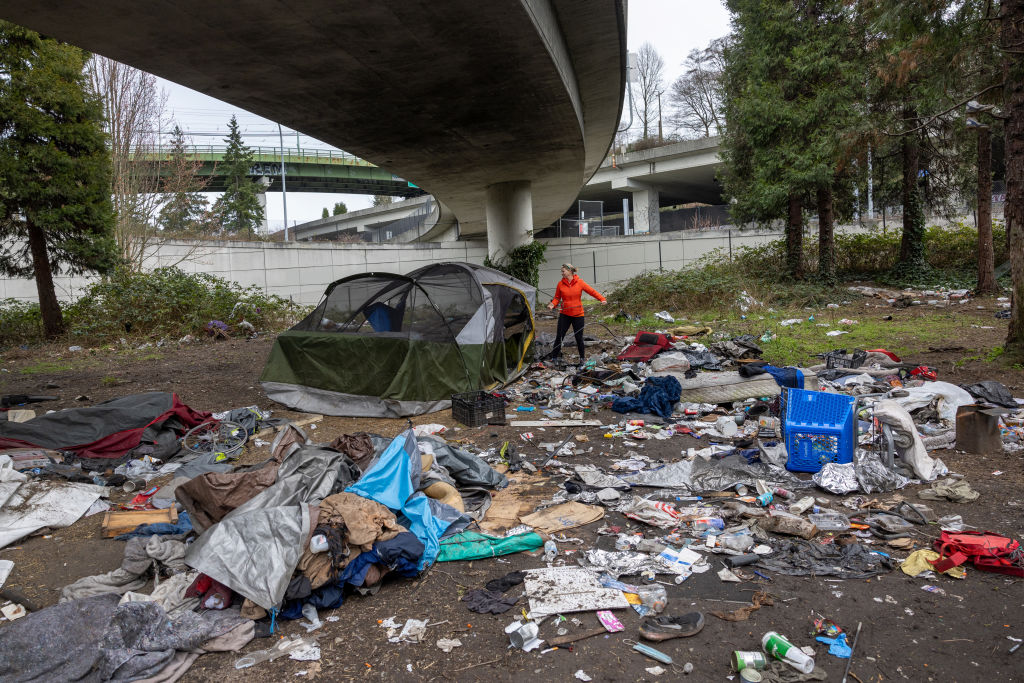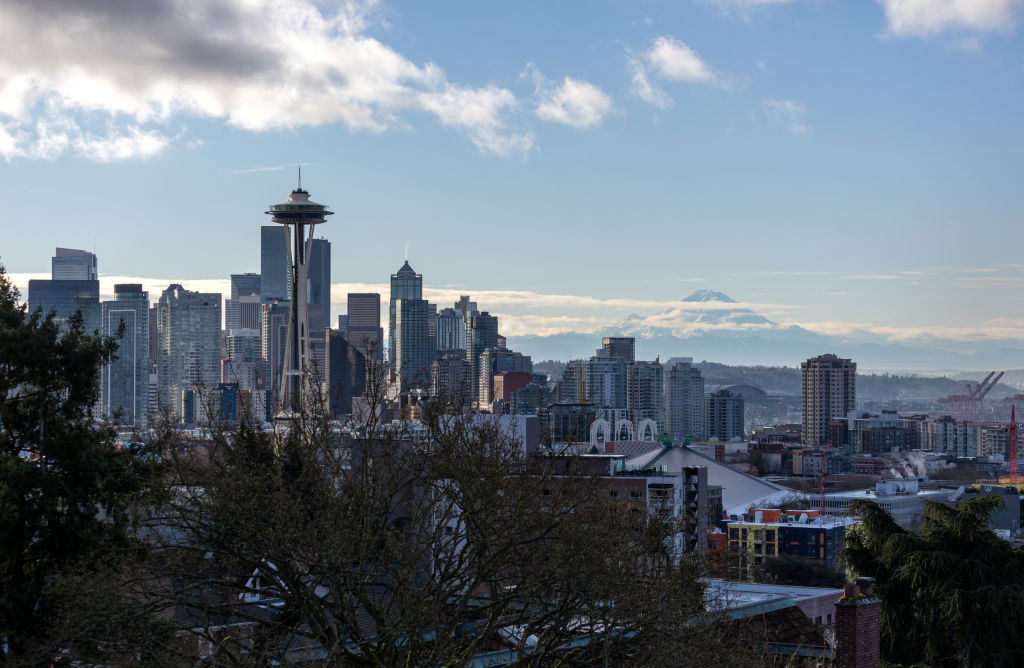I had an argument once, in a pub, with an anarchosyndicalist. We’d both been on the same protest march so we started from a position of, at least in some respects, presumed sympathy. I asked him how on earth a large society could hope to run itself without rules or institutions at all (this may have been a slight under-reading of this distinguished political philosophy, but he didn’t correct me).
Anyway, he got jolly cross and did a lot of shouting about how the post office was anarchosyndicalism in action. But what about pedophiles, I yelled (we’d had a lot of cider). How does the post office deal with them, eh? There was some answer to do with communal social exclusion as an alternative to the industro-carceral complex. In any case, we parted friends as far as I remember but I’m still none the wiser as to how you enforce anarchy — so to speak — once you’ve got your rule-free utopia up and running.
Just last week, similar questions arose when I interviewed the Dutch historian Rutger Bregman for The Spectator’s Book Club podcast (the recording of our conversation should be online soon). Rutger has written a challenging new book called Humankind in which he argues, basically, that Hobbes had it wrong and Rousseau more nearly right: human beings are by nature co-operative, nonviolent, gregarious and egalitarian. Only the last few thousand years of ‘civilization’ — with property rights, hierarchies of power and economic inequality, and the cultural propaganda that support these weird developments — have persuaded us otherwise. We’re not bad, in other words: we’re just drawn that way.
So I’m watching with special interest and excitement the emergence of a miniature anarchist state in Seattle. At last, we might see how all these theories play out in practice. Six blocks of the city, at the time of writing, have been designated CHAZ — the ‘Capitol Hill Autonomous Zone’. The police have withdrawn completely and CHAZ will henceforth police itself. So here’s the test. Will it be a miniature communist utopia or will it go a bit feral? So far, it’s hard to tell what’s happening in CHAZ exactly. One of the first things they did was to establish a border wall. If journalists have been allowed in they seem to be enjoying themselves too much to have come back out.
We’re hearing encouraging reports of co-operative food tents, rest stations for people to recover from all-night demonstrating sessions and ‘teach-ins’, which has a totally cool 1970s vibe. We’ve seen some professional-looking road signs erected, ‘BLACK LIVES MATTER has been painted across the main road in mahoosive block capitals, there are ‘ideas for a flag’ (yay!) and there are ‘designated no-smoking zones’ (hmm). Donald Trump has called them ‘terrorists’, though, so they are doing something right.
[special_offer]
On the other hand, there are reports of the border being patrolled by armed vigilantes cosplaying as post-apocalyptic video-game characters, that they’ve already run out of food (an appeal has supposedly been made for sympathizers to donate vegan supplies), that local businesses are being extorted for protection money, that a ‘warlord’ is running things or (depending on which report you read) that the warlord has been deposed over allegations of sexual harassment. Life comes at you fast, eh?
It seems reasonable to assume that some or all of this — good and bad alike — is fake news. The right wants nothing more than to show that anti-capitalist protesters are a coalition of middle-class LARPers and venal criminal thugs masquerading as idealists; the left would like to imagine that everyone on their team has nothing but flowers and unicorns in their hearts.
So, we shall see. Me, I find myself not for the first time wishing J.G. Ballard was still with us. He took an intense interest in this sort of situation. And I think he’d find especially funny the notion that this six-block social experiment might risk collapsing out of anarchy.



